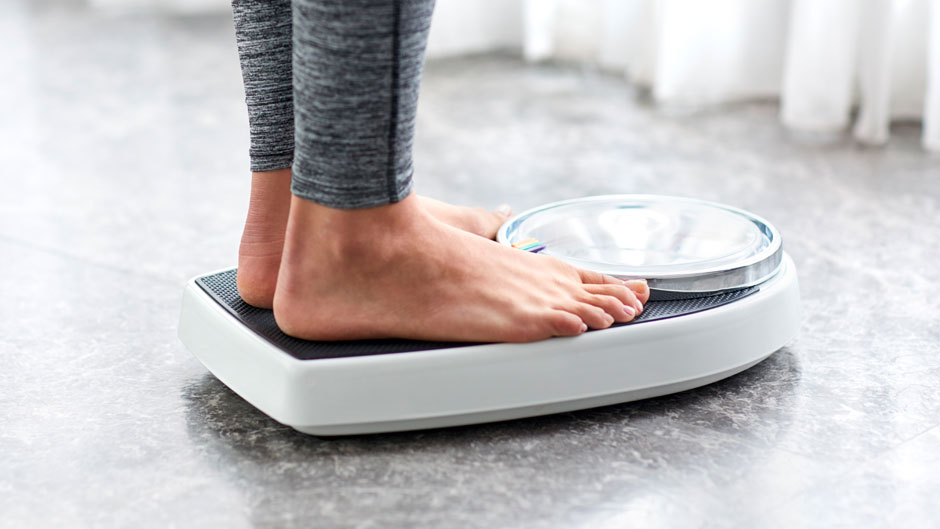The stories are common and similar, regardless of whether you’re part of the University of Miami or not.
Getting on the scale has not been a pleasant experience for many of us during the past year and in the midst of this ongoing pandemic.
Call it the “Quarantine 15” or the “COVID 19,” but studies show there has been a significant number of people who have gained weight during the shutdown.
A study of 1,000 WebMD readers showed that nearly half of the women and a quarter of the men had gained weight because of COVID-19 restrictions. Another study published by JAMA Network Open showed that Americans who followed lockdown rules gained as much as 20 pounds in a year.
According to sociologists and health experts, anxiety, fear, and sadness caused by social isolation contributed to the gain.
Being inside a house and completely sedentary played a role, said Arlette Perry, professor and chair of the Kinesiology and Sport Sciences Department at the School of Education and Human Development.
“People are more sedentary, since they are home watching more television, spending more time on the computer, and taking more Zoom calls,” she said. “In many cases people are eating more comfort foods, which tend to be higher in calories, fat, sugar, and lower in vitamins and nutrients.”
Perry remembered that at the beginning of the pandemic many people did not know whether food would be available, so they stocked up on easy-to-eat staples. These foods included snacks such as chips, crackers, cheese, and sodas, which also possess high calories and low nutrients, she pointed out. “You get less bang for your buck when you eat those types of foods,” she said.
It is ironic and even dangerous that people are gaining weight at this particular time, Perry noted. It has been shown that being overweight or obese makes it more difficult to fight the virus. Underlying conditions of obesity, diabetes, or high blood pressure make an individual even more at risk for COVID-19. Many obese people have low-grade inflammation, which could impair the immune system and the ability to fight the virus, she said.
Obese people could also present with a restrictive pattern and reduced lung volume, leading to detrimental effects on respiratory function, Perry stated. This, too, would make it more difficult to fight the virus, she added.
“We talk a great deal about safety measures—social distancing, face masks, and the sanitizing of hands. Maybe we need to talk about the selection of the foods we eat,” she declared.
A diet rich in fibers, grains, vegetables, and fruits help in losing weight and keeping it off. Another important factor in remaining fit and healthy is exercise, Perry emphasized.
But while some were gaining weight during the pandemic, others decided it was the perfect time to exercise, in and outside of the home.
The sales of bicycles increased and suppliers have struggled to keep up with demand. Peloton—the at-home fitness company that makes stationary bikes and provides livestreamed fitness classes—announced its first-ever quarterly profit, which was bolstered by a 172 percent surge in sales and more than 1 million people subscribing to its virtual programs.
Even Perry herself decided that since gyms were closed and she had to teach from home, she would get her exercise on an elliptical machine. She bought one and set it up in her living room, where she used it daily. In addition to that workout, she also walked her dog, Rhodesia, three times a day.
For those who want to start losing some weight now, she offers the following five tips.
-
Get a dog. Dogs not only provide companionship but also force you to exercise.
-
Read labels when you go to the supermarket. If you see a lot of processed ingredients in your food, opt for unprocessed whole foods.
-
Eat plenty of vegetables and fruits.
-
Cut down on fried and processed foods, such as lunch meats.
-
Try to include more plant-based proteins such as beans, nuts, and quinoa in your diet.
“Even though gyms and parks had restrictive hours, one can always walk,” she said. “Some people say that, ‘Once this is over, I will take the weight off.’ I say the time to change is now.”

